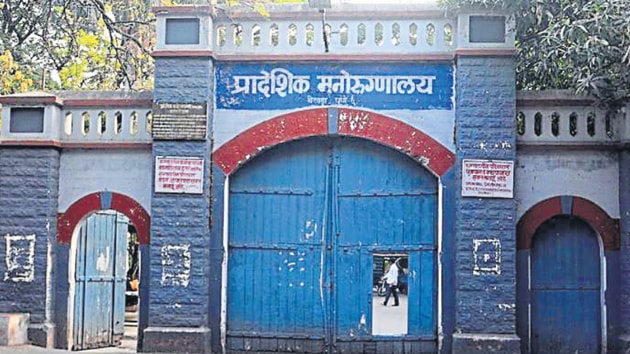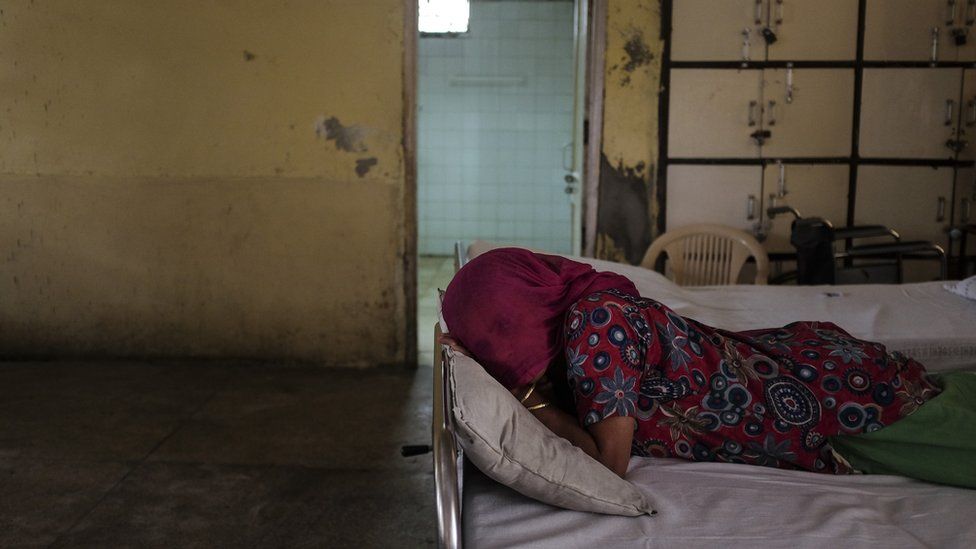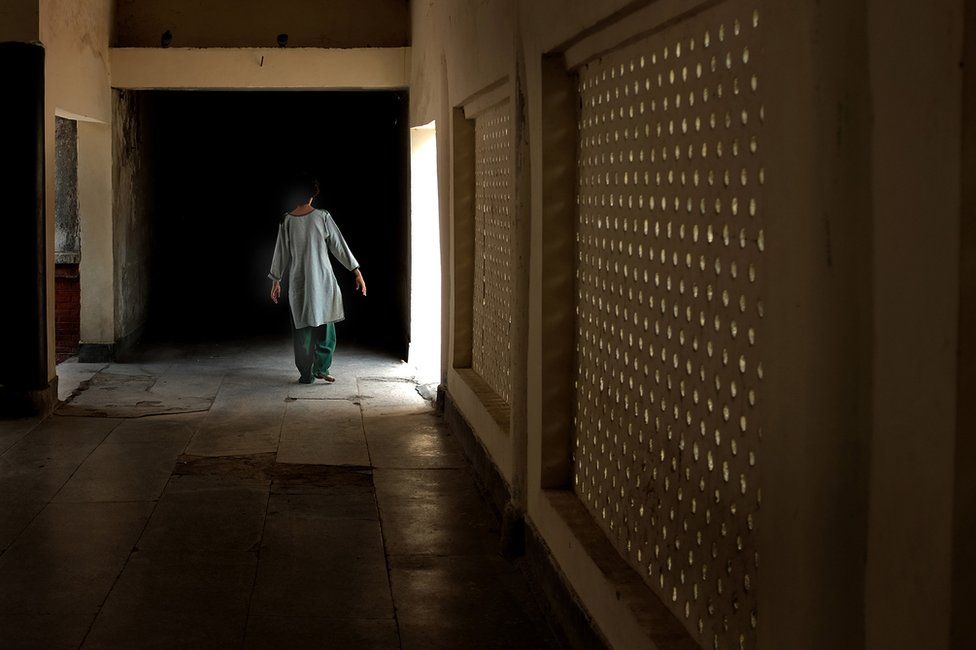Trigger warning: This article contains mentions of mental health facilities and violation of patient rights
Recently, the Supreme Court of India raised serious concerns about the violation of women’s rights in government-run mental health institutions across the country. The apex court’s worry comes at a time when India is battling a pandemic, and its socio-economic, psychological repercussions.
According to a report by the World Health Organisation, 7.5 per cent of Indians battle mental disorders and this number is likely to increase by the end of this year. The global pandemic has exposed the taboo and stigma around mental health that persists in our society at large. In this regard, the Supreme Court’s cognisance of women’s issues and violation of their human rights in mental health institutions is extremely relevant.
In a heteropatriarchy, women dealing with mental illness are the most vulnerable as their struggles and battles are often neglected, ignored and forgotten. They are victimised by deep-rooted societal stigma which stems from the lack of awareness around mental health issues. The Supreme Court’s remarks on the mistreatment of women in mental health facilities are indicative of the fact that we have a serious problem at hand.

Mental health crisis: A serious violation of human rights
In India, there is an absolute disregard of the severity of mental illness in women by larger institutions like the state, society, family and community. If diagnosed with a mental disorder, women often have to meet the horrible fate of abandonment in mental health institutions. This is the result of widespread apathy and gendered prejudices in the society.
According to a 2014 report by the Human Rights Watch, putting women in ‘mental asylums’ without their consent by their next of kin or even the law enforcement, has become commonplace in India. Hence, women’s autonomy remains at stake in such facilities as they get treated like the inmates in a prison cell.
The Supreme Court highlighted that the condition that women are subjected to, is a gross violation of the Mental Healthcare Act, 2017. The apex court has also stated that the women residents in mental healthcare facilities in India do not have access to fundamental rights such as privacy and dignity, enshrined in our constitution
Advocate Gaurav Bansal’s plea before the Supreme Court, hearing which the apex court expressed these concerns, highlights the miserable conditions and inhuman treatment of women in psych wards such including forcible tonsuring of their heads and denying them access to basic amenities like sanitary pads. They are stripped of their dignity, denied access to identity cards like Aadhar card and disability certificates.
Also read: How Crises Affect The Mental Health Of Different Communities Differently
The three-judge bench of the Supreme Court comprising of Justices D.Y. Chandrachud, Hima Kohli and Vikram Nath took cognisance of the research studies conducted by the Human Rights Watch in 2014, as well as the National Institute of Mental Health and Neuro Sciences (NIMHANS) in 2016 and the National Commission of Women (NCW) in 2020; all of which document the brutal treatment of women in overcrowded mental healthcare centers.
The Supreme Court highlighted that the condition that women are subjected to, is a gross violation of the Mental Healthcare Act, 2017. The apex court has also stated that the women residents in mental healthcare facilities in India do not have access to fundamental rights such as privacy and dignity, enshrined in our constitution.
Social stigma and apathy towards mental health
Society makes a mockery out of women with mental illness and labels them with many apathetic, offensive terms. The societal stigma around mental illness is a serious impediment to seeking professional help. In a society where gender discrimination looms large, women are obliged to abide by the norms of patriarchy and deemed to be the ‘caregivers’, if diagnosed with mental illness become a burden to society and their families. Hence, they get discarded like an object, abandoned in the four walls of the asylum.
Reni Thomas, a researcher in this field says, “Most of these factors are gender-specific. Very few men are left to live in a shelter home because their parents fear for his safety in their homes or because of a lack of space.”
Shunned by society, these women are put into shelters, beggar homes, hostels or old-age homes. They are forced to live a life in isolation due to the lack of financial stability and empathy in society. In this regard, the Supreme Court has ordered halfway homes to be established in the States and Union Territories for those cured of mental illness and an online dashboard to track the availability of such shelters across India
The report by Human Rights Watch also states – “once they are in institutions, women with psychosocial or intellectual disabilities face a range of abuses, including prolonged detention, unsanitary conditions, neglect, and violence.” In a country like ours, it is very easy to involuntarily institutionalise or incarcerate women who are identified as “mentally unfit” instead of providing proper care.

Mental illness in women is not given the attention it requires because of their social position and the deep-seated prejudice against women. The societal shame makes their life a living hell even after they get cured. Often, their families are reluctant to take them back home. The mental health tag becomes a part of their identity and people prefer to keep their distance from them.
Shunned by society, these women are put into shelters, beggar homes, hostels or old-age homes. They are forced to live a life in isolation due to the lack of financial stability and empathy in society. In this regard, the Supreme Court has ordered halfway homes to be established in the States and Union Territories for those cured of mental illness and an online dashboard to track the availability of such shelters across India.
The Supreme Court’s direction to uphold women’s rights in mental health institutions of the country will hopefully give them the justice they deserve. Mental healthcare workers and institutional spaces need to be sensitised enough to recognise and facilitate treatment for mentally ill women. The conversation around mental health can only be held in safe spaces devoid of abuse and harsh treatments.
Also read: ‘Pagal Hai Kya?’: The Practice Of Stigmatising Mental Health Issues
Featured Image Source: BBC
About the author(s)
Rohini Ghosh is an aspiring journalist and a postgraduate Mass Communication student at St. Xavier's University, Kolkata. An intersectional, queer feminist at heart, she is deeply interested in gender and social issues




